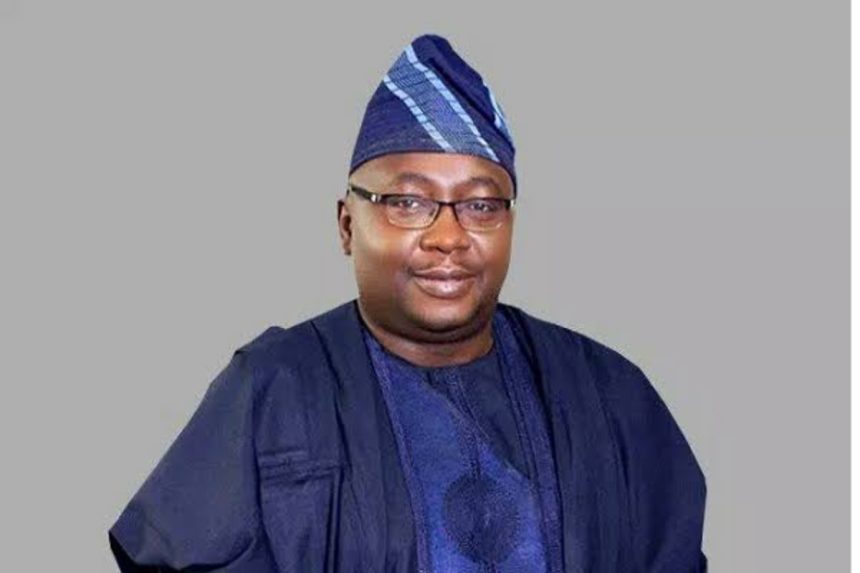Power Minister Adebayo Adelabu has characterized the current electricity tariff regime as a temporary hardship that will eventually decrease, drawing parallels with the evolution of telecoms tariffs in Nigeria.
Despite facing criticism from consumers due to recent tariff hikes and poor electricity supply, Adelabu remains optimistic that this hardship will ultimately result in lasting benefits.
He explained, “It might look expensive at the moment, I am optimistic that these tariffs will go down”
Adelabu drew a comparison between the current electricity sector situation and the early days of telecoms.
“We know how much we were buying SIM cards when telecoms first came. We know how much we were buying the telephone sets. But gradually, it scaled off.
“Generation, transmission and distribution, these prices will also go down. So, it is a temporary hardship and it will lead to permanent gain.”
The minister highlighted several positive developments:
- Responsive Distribution Companies (DisCos): The DisCos are now more responsive to their duties due to improved oversight by the Nigerian Electricity Regulatory Commission (NERC).
- Guaranteed Service Level: For the first time in Nigeria, the Nigerian Electricity Supply Industry (NESI) has introduced a guaranteed service level. Band A customers, who receive a minimum of 20 hours of supply per day, benefit from this initiative.
- Cost Reflective Tariffs and Liquidity Conditions: The government is testing a cost reflective tariff and liquidity conditions to attract investments. Initially, this applies to only 15% of customers.
Adelabu attributed progress in the industry to the Electricity Act 2023. Prior to the reforms, investors found NESI unattractive due to uninspiring tariff policies and significant debt.
“We have been able to attract investment into the sector because before now, nobody was ready to touch this sector because the tariff policy was not inspiring; the debt overhang was too much.
“Nobody wanted to bring capital. Even bankers didn’t want to lend anybody money. But now that is a thing of the past.
“The federal ministry of power has launched the Nigerian Power Investment Opportunities and Guidelines 2.0 that highlights some of the opportunities in the sector.
“We have also attracted $500 million dollars initiative from NSIA (Nigerian Sovereign Investment Authority) and the World Bank $750 million.
“We are beginning to see some progress from the outcome of the reforms process and key achievements of the administration in the last one year.”
In summary, Adelabu emphasized that the power sector has made strides in the last year, despite lingering perceptions. He stated, “We just completed the bidding process for 1.5 million meters financed by the World Bank to improve sector liquidity and reduce estimated billing.
“Within the next couple of months, this contract will be awarded to the meter providers”





